A speaker at the Buildings Show Toronto highlighted initiatives by the cement and construction industries to reduce their carbon footprint. The speaker emphasized Canada's Roadmap to Net-Zero Carbon Concrete by 2050, which outlines strategies for achieving significant emission reductions through collaboration, funding programs, and research & development.
After providing a synopsis of global, national, provincial and municipal initiatives to address climate change , a speaker at a Buildings Show Toronto session zeroed-in on the how the cement and construction industries are taking action to lower their emissions.
And that requires collaboration between industry and government to develop effective policies and programs to achieve those targets, said Cooney. The cement and concrete industries have also authored Concrete Zero, which is an action plan to achieve net-zero, the audience was told. Concrete is made from water, aggregates and cement, which is the mineral binder. The primary ingredient in cement is the clinker. The other two Cs is the design and construction phase, and the use of carbon sink.
While advancements in cement and concrete productions can be enacted by the industry, emission reductions in the actual construction are outside of its direct control, said Cooney.In the construction phase, there are some ways to lower emissions including minimizing waste generation and simply using less concrete components. An example is the spacing of columns, he said.
Progress is being made on a number CCU initiatives, said Cooney, who briefly referenced Heidelberg Materials “groundbreaking project” to establish North America’s first full-scale carbon capture and storage facility at its Edmonton cement plant.
Climate Change Cement Construction Sustainability Net-Zero
Canada Latest News, Canada Headlines
Similar News:You can also read news stories similar to this one that we have collected from other news sources.
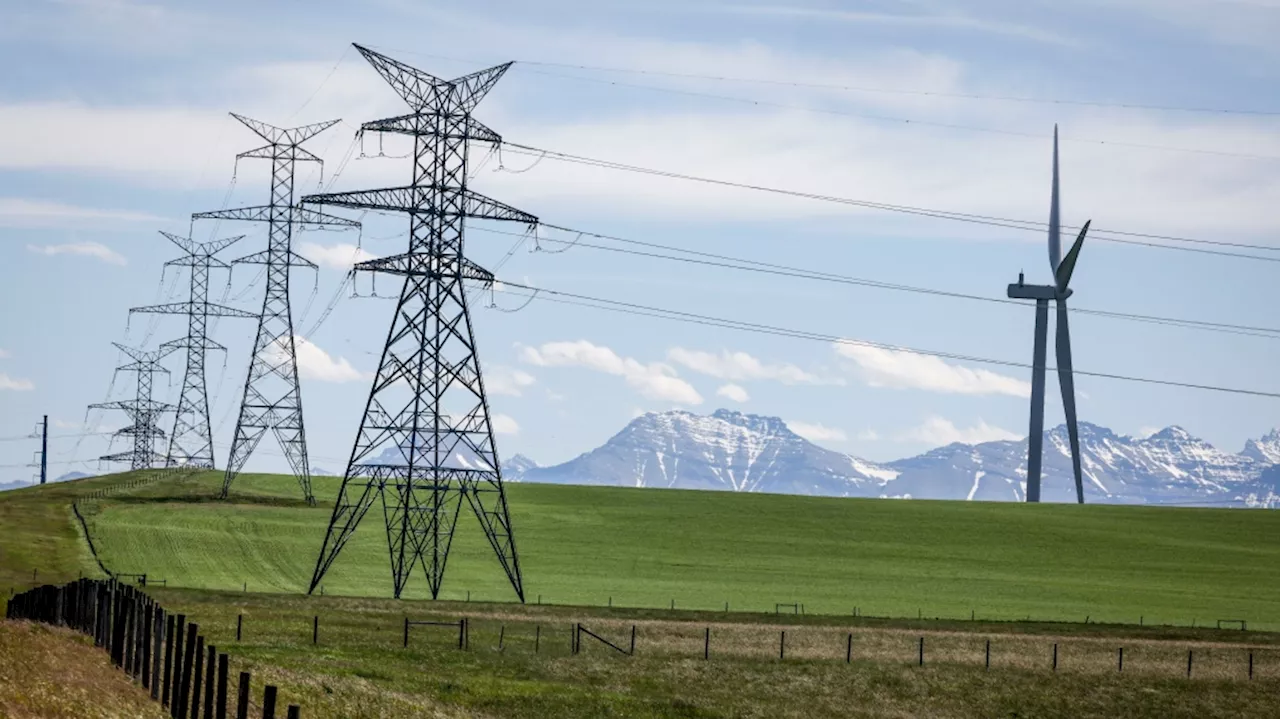 Canada Adjusts Clean Electricity Regulations for Net-Zero Grid by 2050Canada unveiled revised Clean Electricity Regulations (CER) aiming for a net-zero electricity grid by 2050, shifting from the previous 2035 target. The change comes after concerns from provinces and energy industries regarding reliability, cost, and potential stranded assets. While Canada's grid is already relatively clean, the less ambitious regulations might hinder the country's 2035 carbon emissions reduction goal. The finalized regulations will still reduce emissions but to a lesser extent than initially planned.
Canada Adjusts Clean Electricity Regulations for Net-Zero Grid by 2050Canada unveiled revised Clean Electricity Regulations (CER) aiming for a net-zero electricity grid by 2050, shifting from the previous 2035 target. The change comes after concerns from provinces and energy industries regarding reliability, cost, and potential stranded assets. While Canada's grid is already relatively clean, the less ambitious regulations might hinder the country's 2035 carbon emissions reduction goal. The finalized regulations will still reduce emissions but to a lesser extent than initially planned.
Read more »
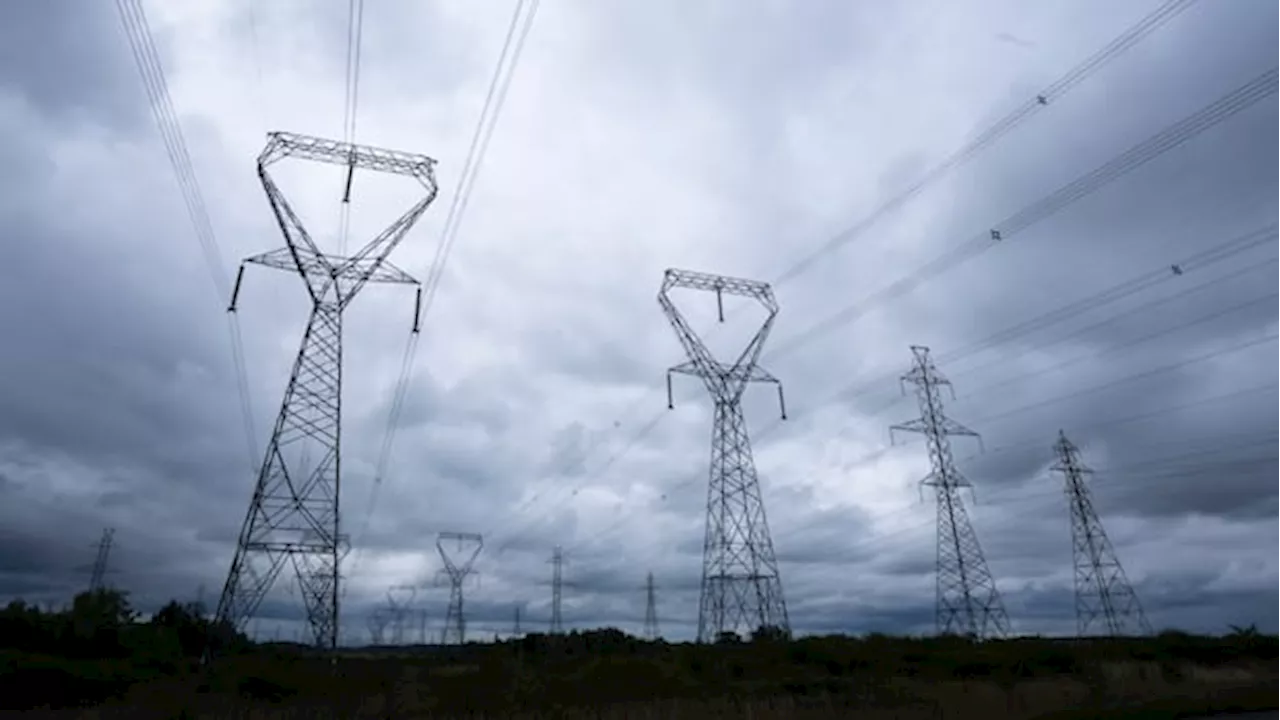 Canada Pushes Back Net-Zero Electricity Goal to 2050The Canadian government adjusts its target for a net-zero electricity grid, opting for 2050 instead of the original 2035 deadline. The revised Clean Electricity Regulations aim for deeper emissions reductions after 2050, addressing concerns raised by provinces regarding the initial regulations' cost and feasibility.
Canada Pushes Back Net-Zero Electricity Goal to 2050The Canadian government adjusts its target for a net-zero electricity grid, opting for 2050 instead of the original 2035 deadline. The revised Clean Electricity Regulations aim for deeper emissions reductions after 2050, addressing concerns raised by provinces regarding the initial regulations' cost and feasibility.
Read more »
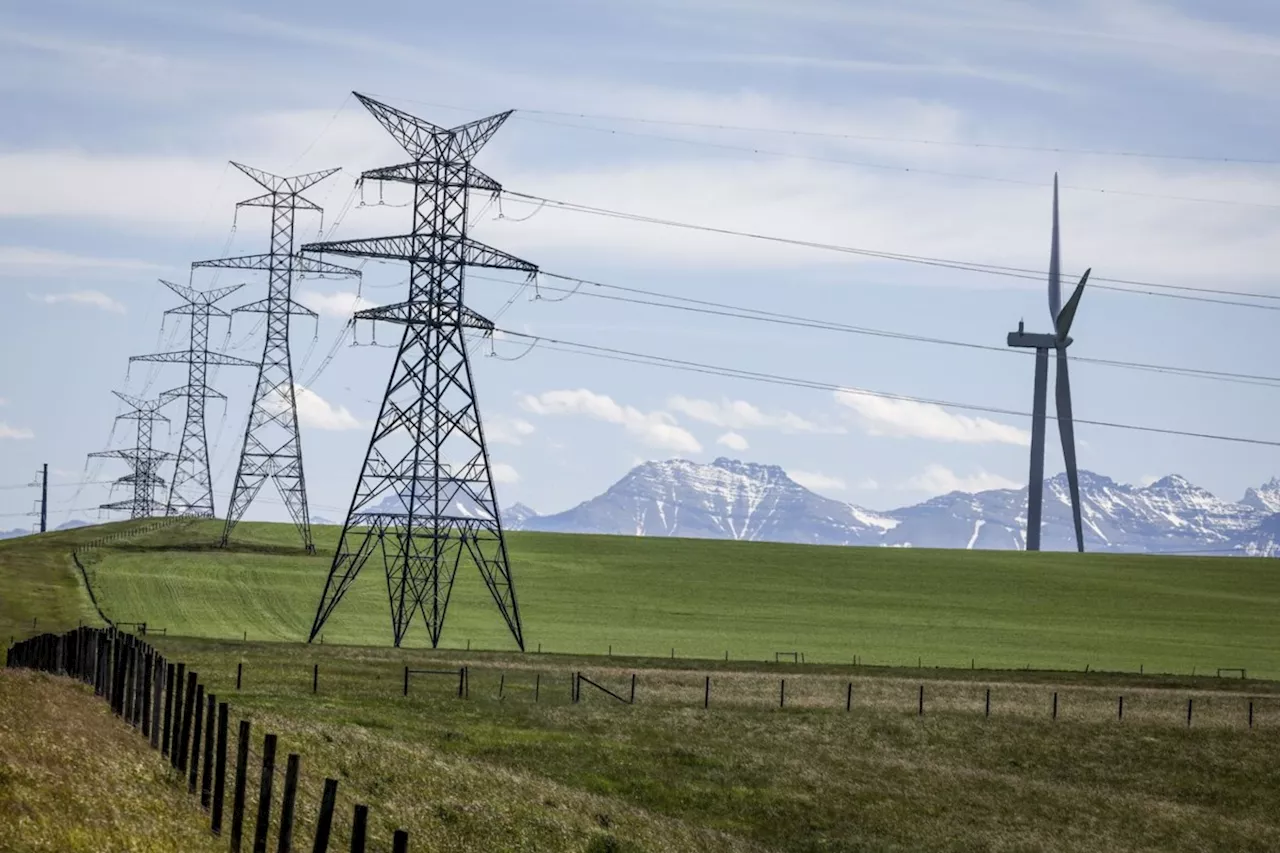 Canada Delays Net-Zero Electricity Target to 2050The Canadian government has revised its target for a net-zero electricity grid, pushing it back to 2050 from the previously stated 2035 goal. The new regulations, announced Tuesday, aim to accelerate the transition to clean electricity, but face pushback from provinces reliant on fossil fuels.
Canada Delays Net-Zero Electricity Target to 2050The Canadian government has revised its target for a net-zero electricity grid, pushing it back to 2050 from the previously stated 2035 goal. The new regulations, announced Tuesday, aim to accelerate the transition to clean electricity, but face pushback from provinces reliant on fossil fuels.
Read more »
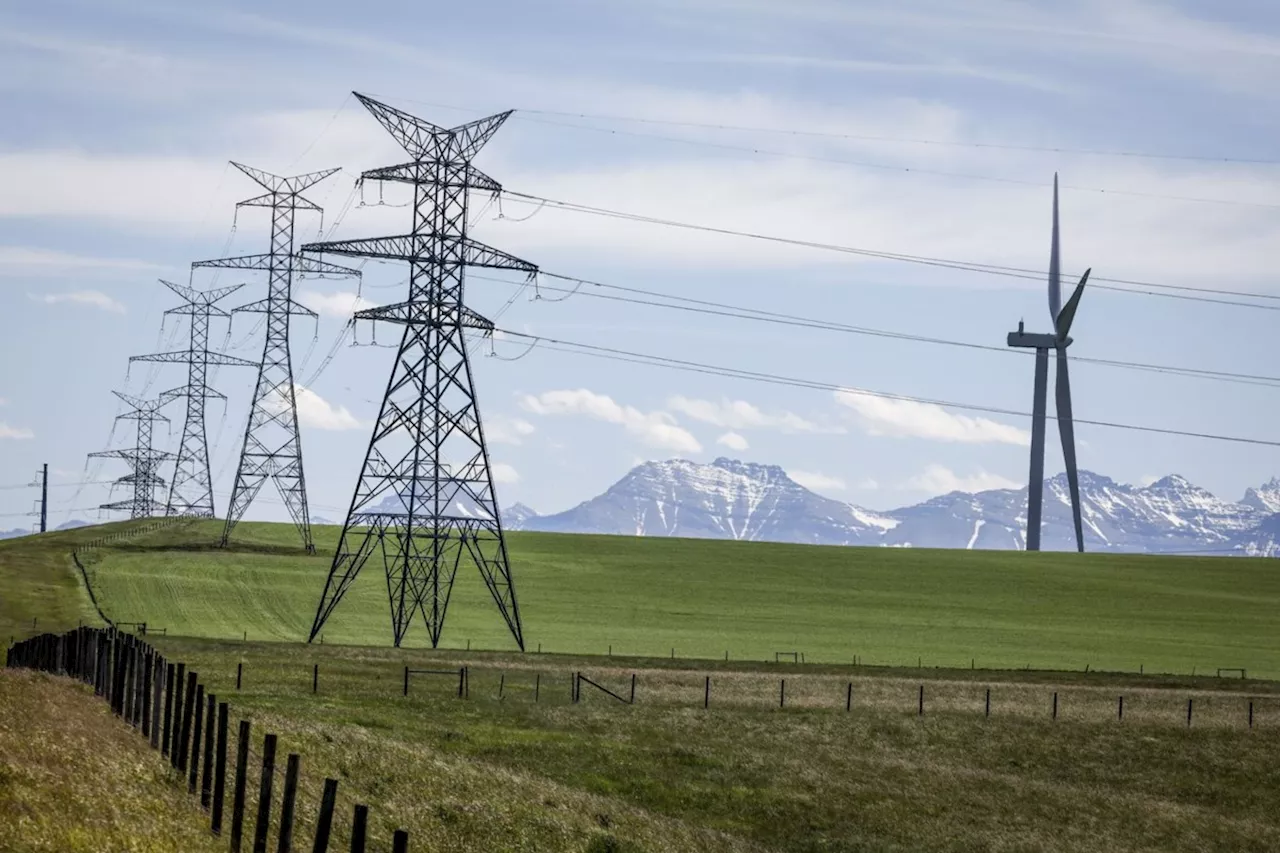 Canada Delays Net-Zero Electricity Target to 2050The Canadian government has revised its target for a net-zero electricity grid to 2050, fifteen years later than the previously announced 2035 deadline. While officials maintain that 2050 was always the intended goal, the shift comes after pushback from provinces like Alberta and Saskatchewan who argued the 2035 target was unrealistic. The new regulations face immediate legal challenge from Alberta Premier, who asserts they infringe on provincial jurisdiction.
Canada Delays Net-Zero Electricity Target to 2050The Canadian government has revised its target for a net-zero electricity grid to 2050, fifteen years later than the previously announced 2035 deadline. While officials maintain that 2050 was always the intended goal, the shift comes after pushback from provinces like Alberta and Saskatchewan who argued the 2035 target was unrealistic. The new regulations face immediate legal challenge from Alberta Premier, who asserts they infringe on provincial jurisdiction.
Read more »
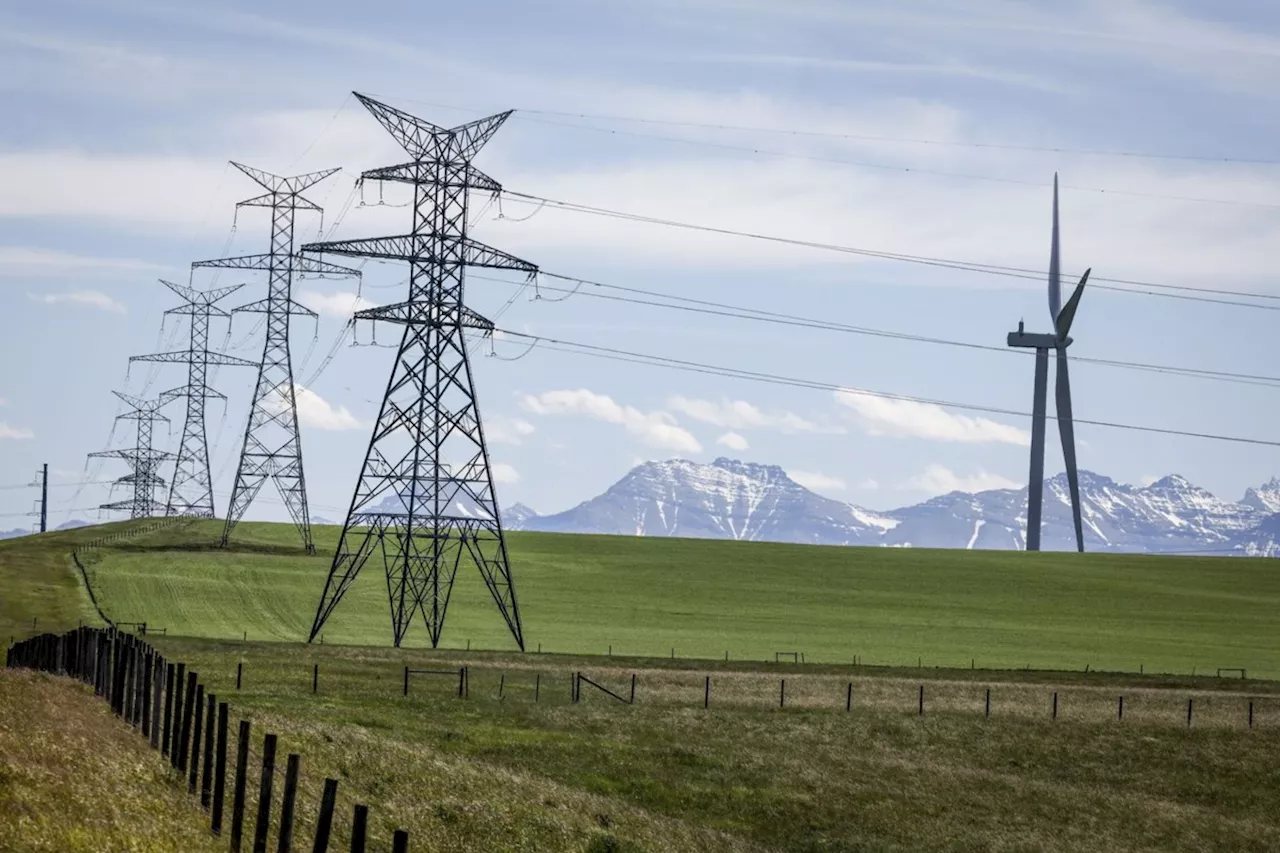 Canada Delays Net-Zero Electricity Grid Target to 2050The Canadian government has revised its target for a net-zero electricity grid, pushing it back 15 years to 2050. While previously aiming for 2035, the government acknowledges this is a more realistic timeline. Four provinces still heavily rely on fossil fuels, prompting legal challenges from Alberta.
Canada Delays Net-Zero Electricity Grid Target to 2050The Canadian government has revised its target for a net-zero electricity grid, pushing it back 15 years to 2050. While previously aiming for 2035, the government acknowledges this is a more realistic timeline. Four provinces still heavily rely on fossil fuels, prompting legal challenges from Alberta.
Read more »
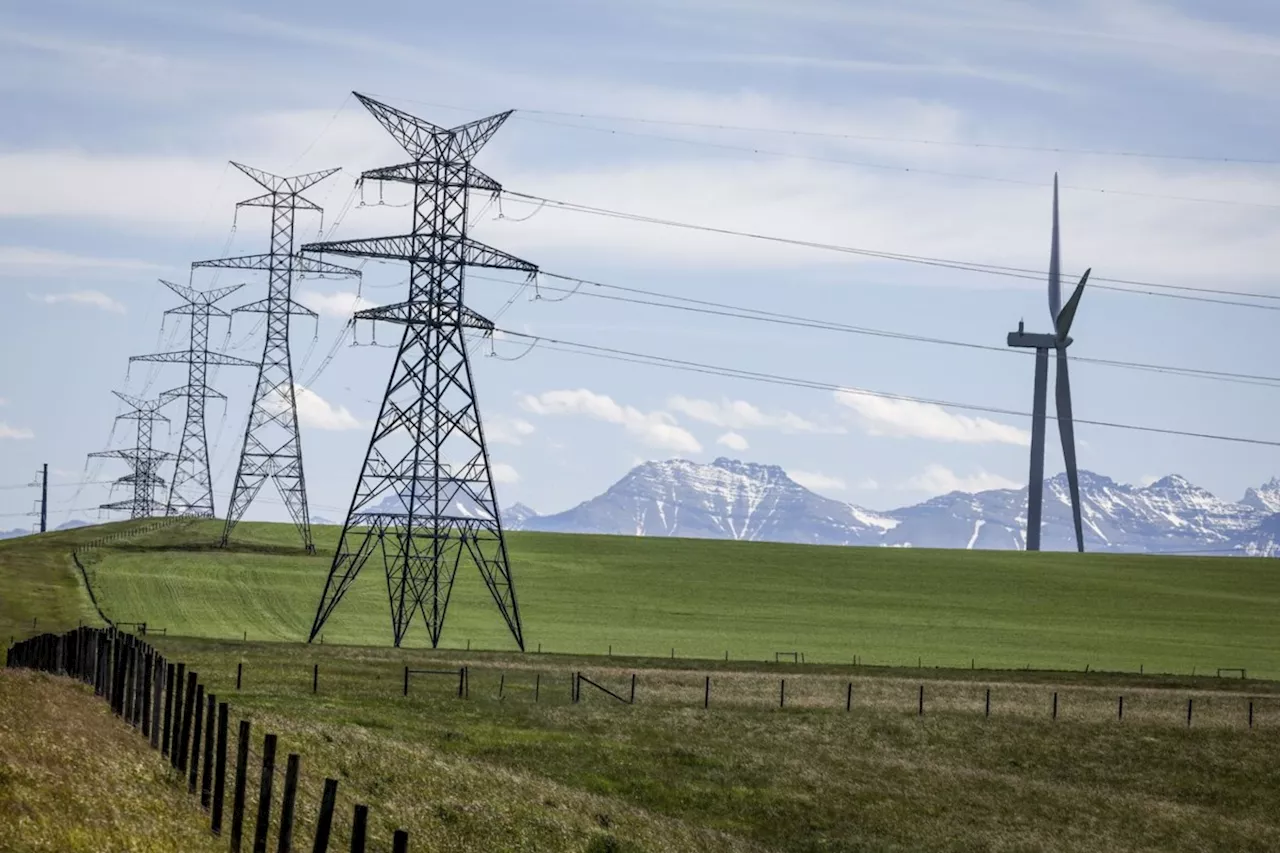 Canada Delays Net-Zero Electricity Grid Target to 2050The Canadian government has postponed its target for a net-zero electricity grid to 2050 from the previously announced 2035. This decision comes amidst pushback from provinces like Alberta and Saskatchewan, who argued that the earlier deadline was unrealistic. While Canada's electricity grid is already largely decarbonized, some provinces continue to rely heavily on coal and natural gas. The new regulations, which take effect in 2035, aim to phase out these fossil fuel sources.
Canada Delays Net-Zero Electricity Grid Target to 2050The Canadian government has postponed its target for a net-zero electricity grid to 2050 from the previously announced 2035. This decision comes amidst pushback from provinces like Alberta and Saskatchewan, who argued that the earlier deadline was unrealistic. While Canada's electricity grid is already largely decarbonized, some provinces continue to rely heavily on coal and natural gas. The new regulations, which take effect in 2035, aim to phase out these fossil fuel sources.
Read more »
